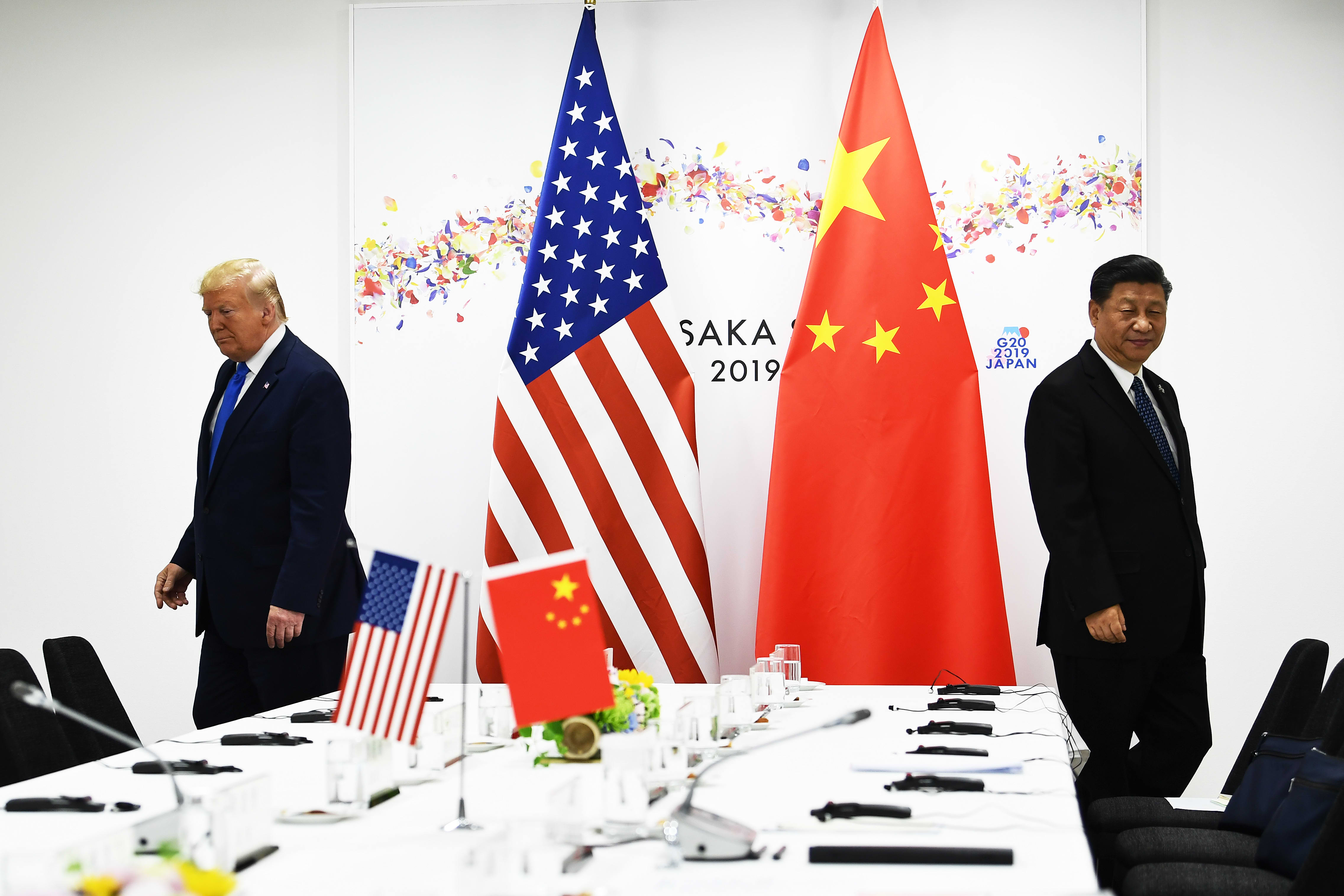The US is becoming like China on trade policy, ex-White House negotiator says

The U.S. is beginning to resemble China on trade rather than the other way around, according to a former top trade and economic adviser to Presidents George H.W. Bush and Bill Clinton.
The U.S.-China trade war showed some signs of easing last week after Washington and Beijing indicated that phase one of a deal had been agreed. However, doubt was cast over the details on Wednesday after a report that China's commitment to U.S. agricultural purchases may be less substantial than initially claimed by President Donald Trump's administration.
Harry Broadman, former Assistant U.S. Trade Representative under the Bill Clinton administration and current partner at the Berkeley Research Group, told CNBC that any White House communications regarding the trade war should be seen through the lens of the president's "singular focus" on his 2020 re-election campaign, adding that the deal touted by U.S. trade officials was "not much of a deal in any kind of meaningful way."
"As everyone knows, it does not touch on the threshold issues that the administration has been talking about for two years, which is the structural reforms, the intellectual property protections, subsidies, the state-owned enterprises and the like," Broadman told CNBC via telephone from Washington on Tuesday.
"It's not even obvious to me how much of that was even discussed in the conversations and the reason for that, I believe, is the metric that Trump and his lieutenants, the Secretary of the Treasury and the U.S. Trade Representative, focus on is how to eliminate the merchandise bilateral trade deficit between the two countries."
Broadman, who also served as chief of staff on George H.W. Bush's Council of Economic Advisers, suggested that since the Trump campaign's focus in both 2016 and 2020 is on eliminating the bilateral trade deficit on goods, the administration's sole focus would be on demonstrating to Trump's base that the promise been fulfilled. However, he dismissed the merchandise bilateral trade deficit as an "economically meaningless metric."
Defending the president's trade policies, White House spokesman Judd Deere told CNBC on Thursday that the president has "used every available tool to level the playing field for American workers and reduce barriers to the export of our goods and services — a promise he made to all Americans and will continue to keep."
"With a booming economy, low unemployment, and rising wages, it's clear that the President's policy of fair and reciprocal trade along with lower taxes and deregulation are working," Deere added.
'Statist economy'
China has been a trade adversary for successive U.S. administrations and other major Western powers, who have accused the world's second-largest economy of flouting World Trade Organization (WTO) rules since it joined the agreement in 2001.
Broadman, who was part of the U.S. team that negotiated with the WTO, said a marked shift had occurred away from a focus on multilateral and plurilateral regional agreements and toward bilateral efforts between individual nations.
"The other issue within that context, particularly in the bilateral context with China, is that these 'agreements' with China and the U.S. under the Trump administration, frankly, are making the U.S. look more like China, in the sense that these state-to-state deals on agricultural purchases are not market-driven purchases," Broadman said.
He added that the Trump administration was correct to criticize China for being a member of the WTO while maintaining a prominent state role in its economy, but suggested that Trump was now "centering his negotiations by employing the U.S. government on the transaction side."
Both Trump and Xi Jinping face mounting domestic political and economic pressures, with Trump fighting an impeachment inquiry regarding his team's involvement in Ukraine and Xi facing violent Hong Kong protests and sharply increasing food prices.
Both have refused to acknowledge that the trade war has been detrimental to their respective domestic economies, while remaining reluctant to concede ground and risk denting their popularity back home. The partial deal announced last Friday received a lukewarm reception, with market participants wary of the lack of detail on paper.
"I think if anything, the U.S. is becoming more like China in this context, than the Chinese are becoming like the U.S.," Broadman said.
"He has said many times that he is a 'bilateral guy' and when you get into the world of bilateral and you have a political campaign to run, and you are fixated on the merchandise trade deficit, all of a sudden you're in a world of a statist economy."
Read More
No comments